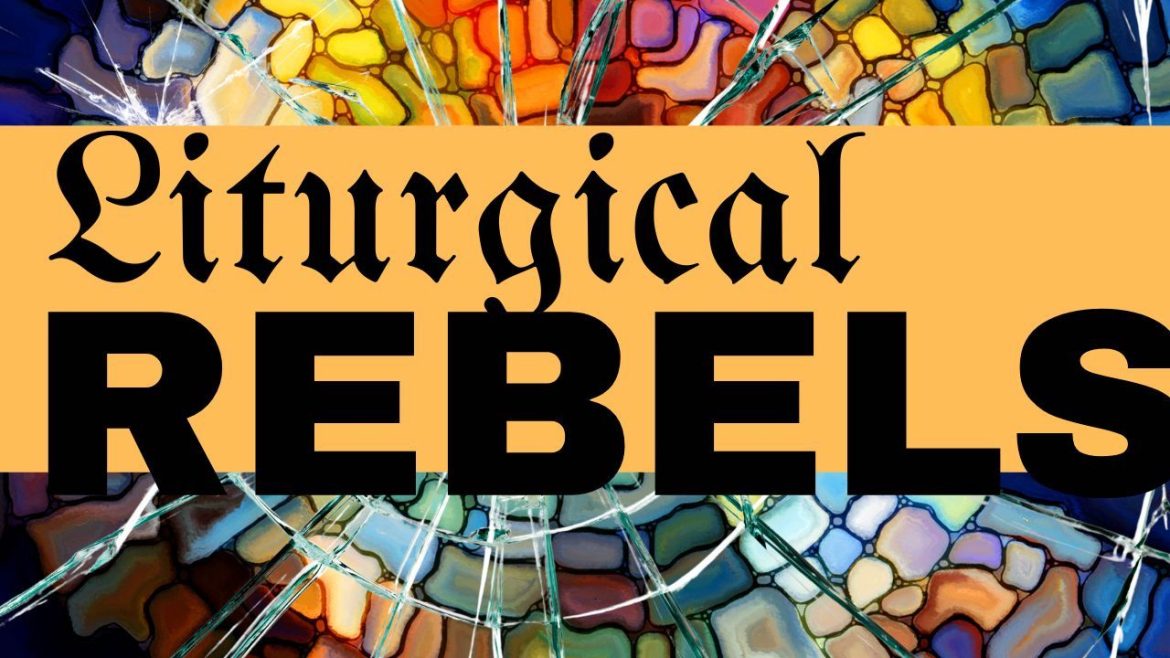How often have you felt restricted to spiritual practices that often seem outdated and of little relevance in today’s world? Are you discouraged to express your own creative talents and develop spiritual practices that are uniquely you? The Liturgical Rebels podcast is for people like you who want to reimagine and reconstruct their faith and spiritual practices.
The Liturgical Rebels Podcast empowers followers of Jesus to creatively reconstruct their faith and spiritual practices. Through conversation with groundbreaking practitioners from around the world who think creatively about new approaches to spirituality, we will emphasize the sacredness of all things and uncover ways in which God speaks to us through nature and creativity, through restorative justice and environmental concern, and through the mundane and ordinary acts of daily life. This podcast is for those who don’t want to just deconstruct, but also to reconstruct faith and spiritual practices; those who want to reshape belief and practice to journey closer to God and the wholeness, peace, justice and flourishing God intends not just for us as individuals but for the earth and all its inhabitants.
We recommend that you sign up to follow Liturgical Rebels wherever you like to get your podcasts. Facebook and social media outlets have not been reliable access providers.
Season Two 2025 Episodes
Episode 38 – Exploring Faith, Activism, & Eccentricity with Mike Frost
In this conversation with Christine, Mike Frost shares his journey from a conventional upbringing to becoming an advocate for social justice and a voice in the church. He discusses the importance of understanding the intersection of faith and activism, the role of Australians in global conversations, and the impact of his work, particularly the book ‘The Shaping of Things to Come‘. Mike emphasizes the need for the church to embrace eccentricity and adapt its mission to the context of modern society, drawing on historical examples of transformative figures like Alice Sealy Harris.
Episode 37 – Exploring Evolutionary Spirituality with John Van De Laar
In this conversation, Christine Sine and John van de Laar explore John’s journey of faith, identity, and the transformative power of liturgy. They discuss the challenges of navigating faith as an autistic individual, the importance of engaging with liturgy in a meaningful way, and the reinterpretation of the Book of Revelation in contemporary contexts. John’s experiences highlight the intersection of personal faith, community, and the evolving understanding of spirituality.
Episode 36 – Alan Roxburgh and Navigating the Unravelling of Modernity
In this conversation with Christine, Alan Roxburgh shares his transformative journey of faith, beginning from his working-class roots in Liverpool to his current life in Canada. He discusses the evolution of missional living, emphasizing the importance of relationality and community over traditional church practices. Alan highlights the need for churches to shift their focus from programs to genuine relationships, addressing the loneliness and isolation prevalent in modern society. He advocates for simple, everyday practices that foster connection with God and others, while navigating the complexities of a changing world.

